Hearing the voice of the young
People
Attending Mercedes College in the 1970s, Helen Connolly has maintained a passion for social justice instilled in her by the Sisters of Mercy throughout her extensive career in human services.
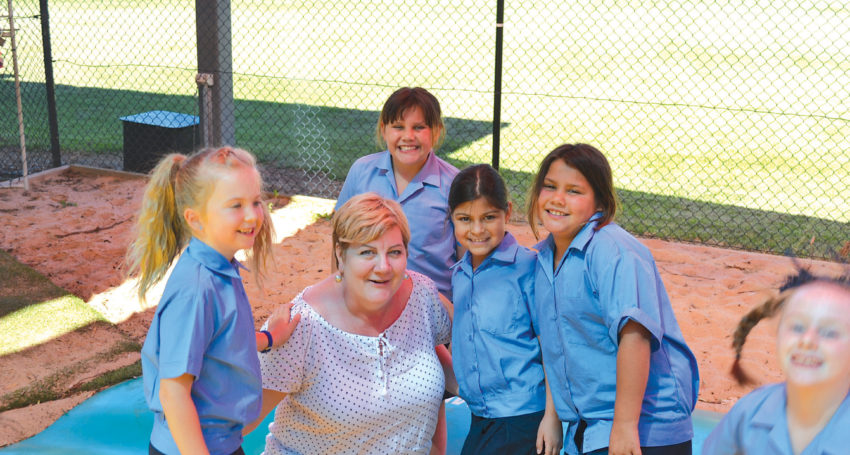
Deep down Helen Connolly is a kid at heart, which is probably why she describes her role being the voice for South Australia’s 367,000 young people as not just an “honour” but an “amazing responsibility”.
Appointed as the State’s inaugural Commissioner for Children and Young People in 2017, Ms Connolly has tackled a number of issues on behalf of children aged up to 18 in recent years, but believes COVID-19 will take that to a new level.
Advertisement
“I think this is a real game changer for us. Children are very concerned,” she told The Southern Cross in a wide-ranging interview in her city office.
“They were concerned about their futures before – environmental issues were massive – and on top of that they now have concerns about jobs.
“Already there has been an increase in the number of homeless 15 to 17 year olds… youth unemployment rates have historically been much higher than adult rates and it is getting worse.
“As the number of jobless families increases we can reasonably expect an increase in child protection notifications.”
Coming from a 30 year background in human services,
Ms Connolly was deemed the perfect fit for the newly created Commissioner role after successfully negotiating an interview process that was fittingly run by children.
“I love spending time with kids and am naturally curious and playful, so I thought the selection process was fantastic as I was hanging out with kids,” she laughed.
As Commissioner she is guided by the United Nations Convention on the Rights of the Child and is tasked with investigating the treatment of young people and promoting their wellbeing, by overseeing systemic reform.
“I am really conscious that my role as the representative voice of children is unique and is perhaps the only senior role that must engage and talk with children – this makes me their voice to decision makers.
“Initially I came into the role with a job description and not much else and wondered what I am going to do? I decided the best place to start was to ask kids what they wanted me to do.
“So I started going to schools, church groups, sports clubs, detention centres to ask kids what they wanted me to do on their behalf.”
Some clear areas for action were identified including the need to help “poor” kids, ensuring all children get a “good” education, stamping out bullying and helping children to be prepared for adulthood.
As a mother of five adult children, Ms Connolly said one of the hardest aspects of her job is keeping her own “parent response” in check when issues are raised by the children.
“As a parent I assume I’m an expert… but if the kids are telling me something is important it’s my obligation to find out why they think it’s important and then work out what to do with the issue.
Advertisement
“I do have lots of moments where I think, I haven’t thought of it that way.
“One of the themes that struck me was collaborative gaming. Kids told me how important it was as a social connector to others. Boys in particular who don’t often talk generally face to face could use gaming to drop things into conversations…they talk about belonging to a gaming community and identity as a gamer in ways that blew me away.”
Raised in a strong Catholic family that emigrated from Wales when she was nine, Ms Connolly spent most of her school years on the beautiful grounds of Mercedes College under the care of the Mercy Sisters.
She has fond memories of her mum Monica running the tuck shop at the school and sometimes being roped in to help during recess and lunchtimes when volunteers failed to show.
“We had a reunion recently and we were talking about such a different school (than of today), but I think the Mercy values are still really strong.
“It was very much about empowerment and that you could do anything, be anything. It was fabulous.”
As Economics was her best subject at school, Ms Connolly decided to pursue this at university but after graduating found herself in the midst of a recession. With no jobs available, she headed overseas, travelling and working extensively through the United Kingdom and Europe. She met her English-born future husband in France and together they made the great overland journey back from London to Australia.
Arriving in Adelaide and still unsure of what she wanted to do, Ms Connolly took a summer administration job at a Centrelink office and found she enjoyed sitting and chatting with the clients.
“I think I’ve always had this affinity, focus, passion for the underdog and that’s the Mercy education coming through. Social justice was the critical theme through our education – that people were there to be helped, not to be ignored,” she explained.
A colleague suggested she would make a good social worker so she enrolled at university and finished a degree part-time over six years, while also juggling her young, expanding family and working.
Her first job was with the Daughters of Charity at the Hutt St Centre, where she became an outreach worker in the parklands.
While glad they were making a difference, Ms Connolly said she remains frustrated to this day that more isn’t done to prevent the causes of homelessness.
“That’s where my sense of advocacy came from – there always had to be more than the individual in front of you. I started to be a bit more of a ‘big picture’ person and while I loved the work, it was frustrating,” she admitted.
After her time at Hutt St Centre, “many years” were spent working in different roles with Anglicare, and in 2011 Ms Connolly was appointed CEO of Inclusive Directions. Prior to her current position she was the executive director of Red Cross in SA.
With her focus now on supporting young South Australians who are facing major challenges, the Commissioner said it was important that adults showed some compassion and understanding.
She explained that for those born since 2000 this century has been a time of “great loss”, as they struggled with changes in family and civil society structures and in the labour market.
“We’ve got change in all these things and yet we don’t really cut them any slack,” she said.
“We have a very deficit view of what they don’t have based on what we had, without recognising all the things that have been taken away around them.
“So my role is about going, wow, we actually have to value these kids.
“They are the present and the future and out of everything they might not be the same, but they are so inclusive, have a real belief in kindness and generally want good.
“Our job is to give them all they can to be the best the can, not to have a crack at them for not being who we were.”


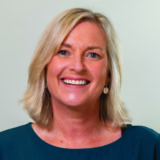
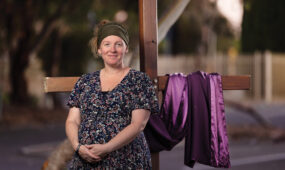
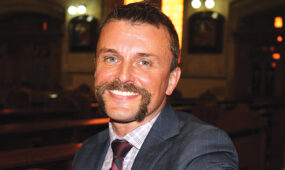
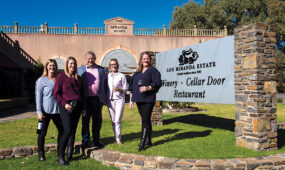
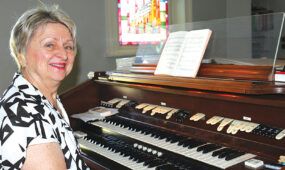

Comments
Show comments Hide comments